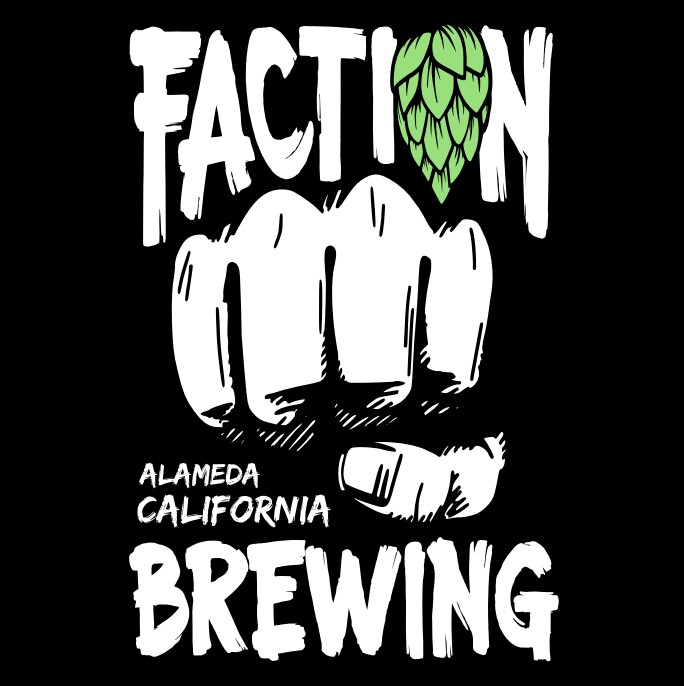You must be at least 21 years old to enter this site.
Are you 21 or older?
An examination of our current political environment in the context of American populism’s past, with Charles Postel, professor of history at San Francisco State University and author of The Populist Vision.
President Donald Trump has evoked the “Golden Age” of a predecessor, President William McKinley, in promising that he will restore American greatness with a combination of tariffs, barriers to immigration, and belligerent, annexationist foreign policy similar to McKinley’s agenda of the late 1890s.
But just how golden was the age of McKinley? And what, if anything, do McKinley and the populist movement of his day have to do with the populist political currents that Trump claims to represent and appears to have ridden into office?
Gain an understanding of the history of American populism—and how Trump and McKinley fit into it—with the help of Charles Postel, whose history of the original populist movement, The Populist Vision, won numerous national awards, including the prestigious Bancroft Prize.
He’ll discuss how today the truth about our nation’s Populist tradition is obscured by misconceptions and prejudice. The original Populist movement of the late 1800s, while often portrayed today as a protest movement organized by bigoted and irrational midwestern farmers, actually was a rational movement that championed education and political reform. Far from being intolerant or antisemitic, it embraced immigrants, with Adolph Sutro, a Jewish immigrant, winning election as the mayor of San Francisco by running on the Populist ticket.
Hardly a champion of the Populist cause, William McKinley instead was sharply opposed by it. His presidency brought wealth to Wall Street bankers and huge railroad corporations while leaving most Americans resigned to grinding, and often desperate, poverty, and the Populist Party that farmers and workers organized in response to such conditions challenged McKinley and corporate power.
The Populist Party’s advocacy for ordinary Americans enabled it to become the most powerful third-party movement since the Civil War. Locally, its strong base in Alameda County helped it win 25 percent of the vote in the California election of 1894.
The progressive political tradition that the Populist Party pioneered would make America a more prosperous and just society—goals worth aspiring to today. (Tickets available only online. Advance tickets: $13.50 plus processing fees. Doors: $17, or $15 with a student ID. Listed time is for doors. Talk starts 30 minutes later.)

Are you 21 or older?